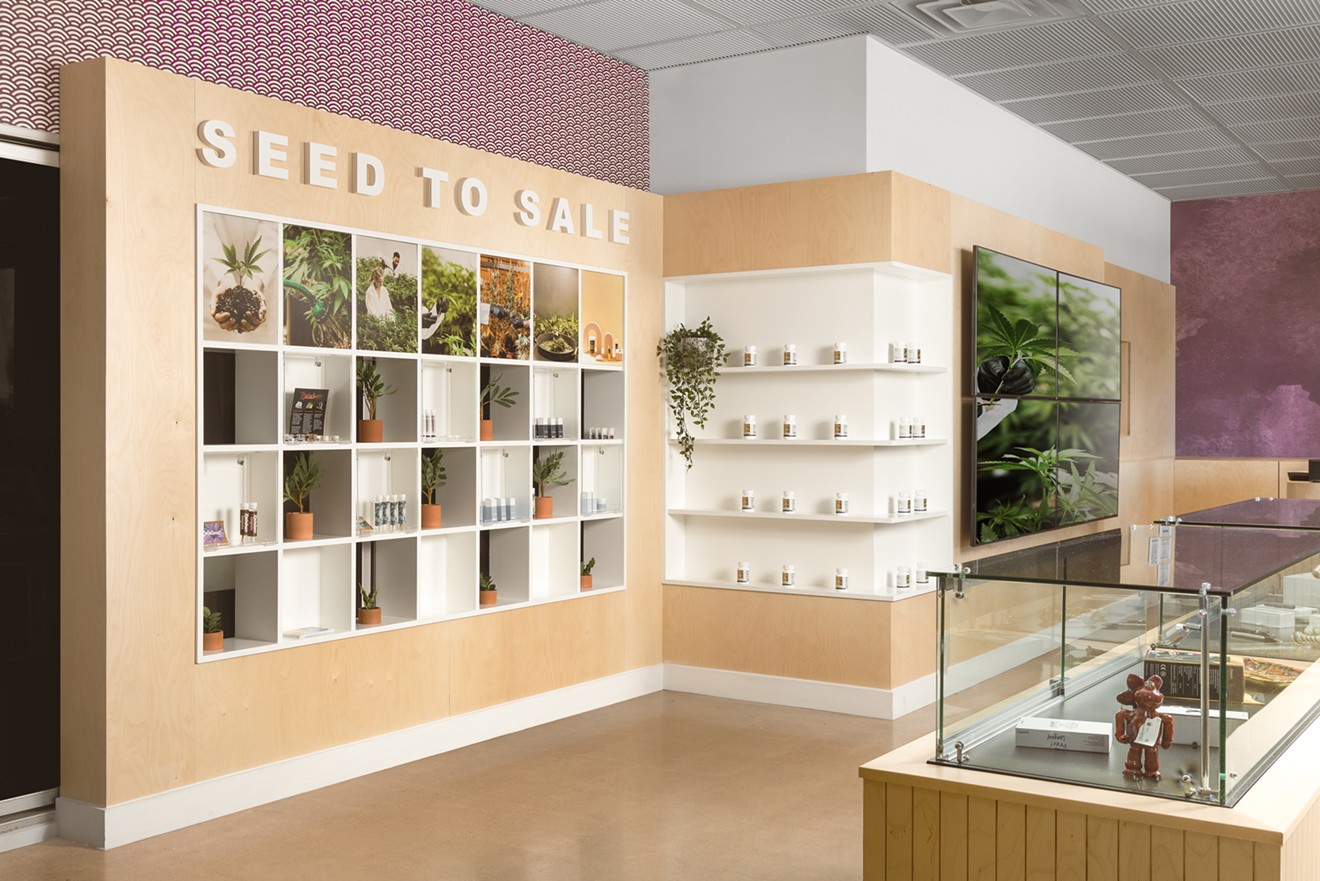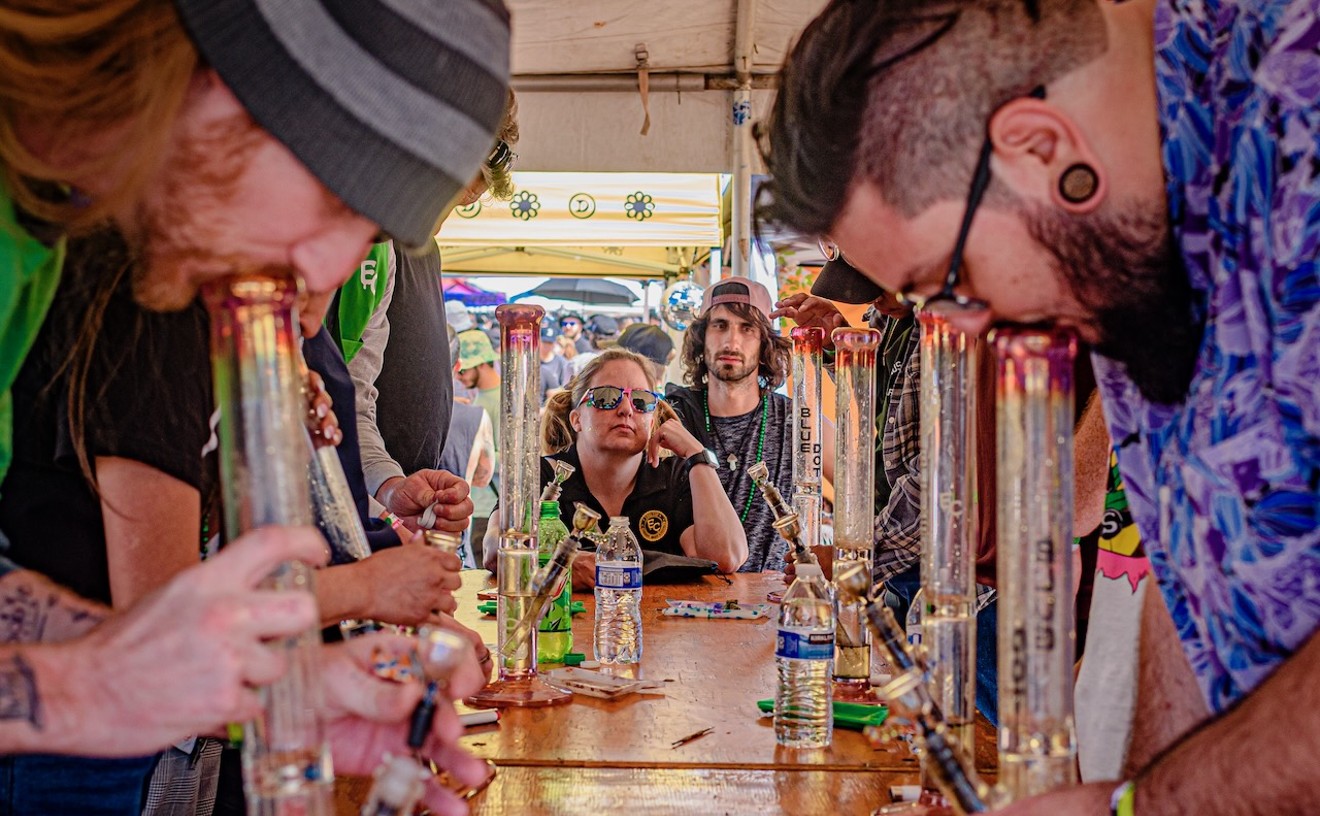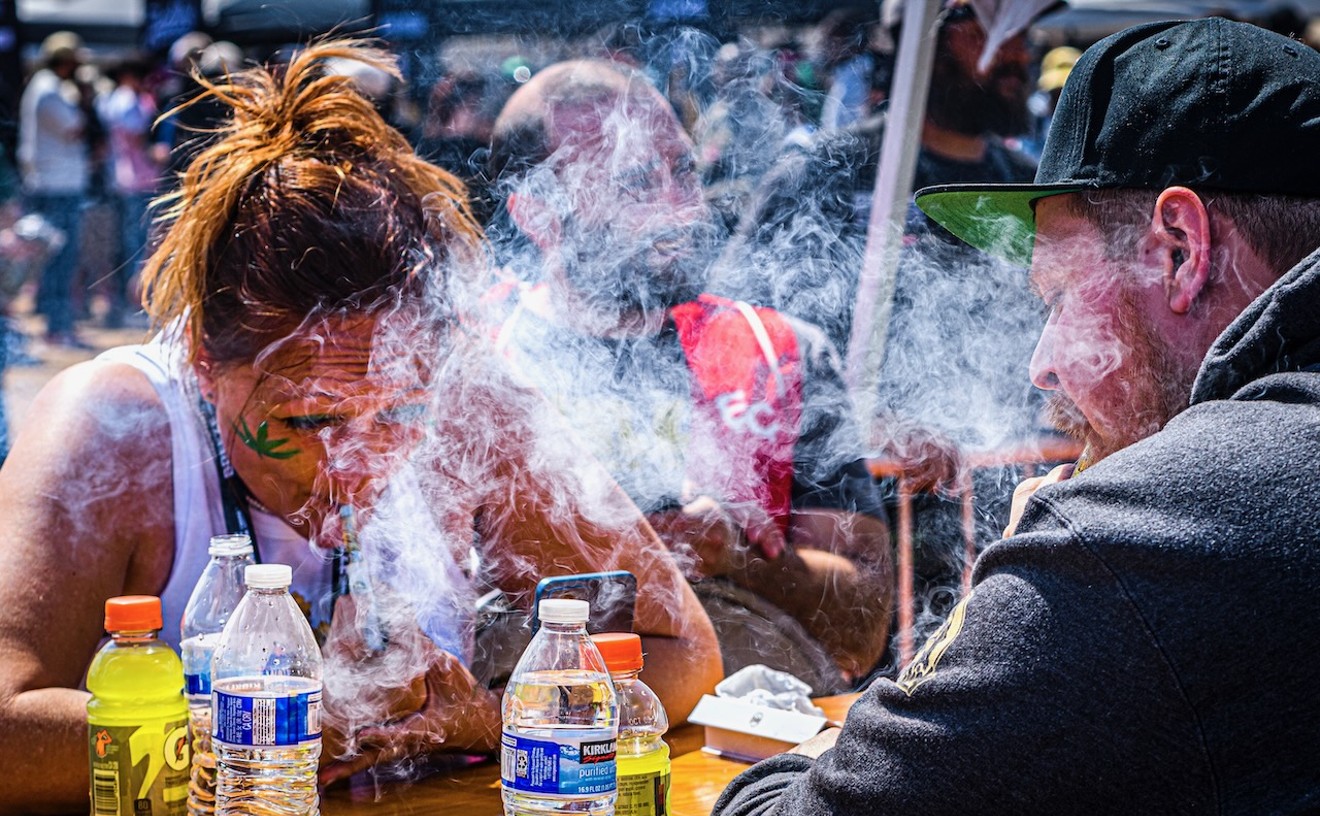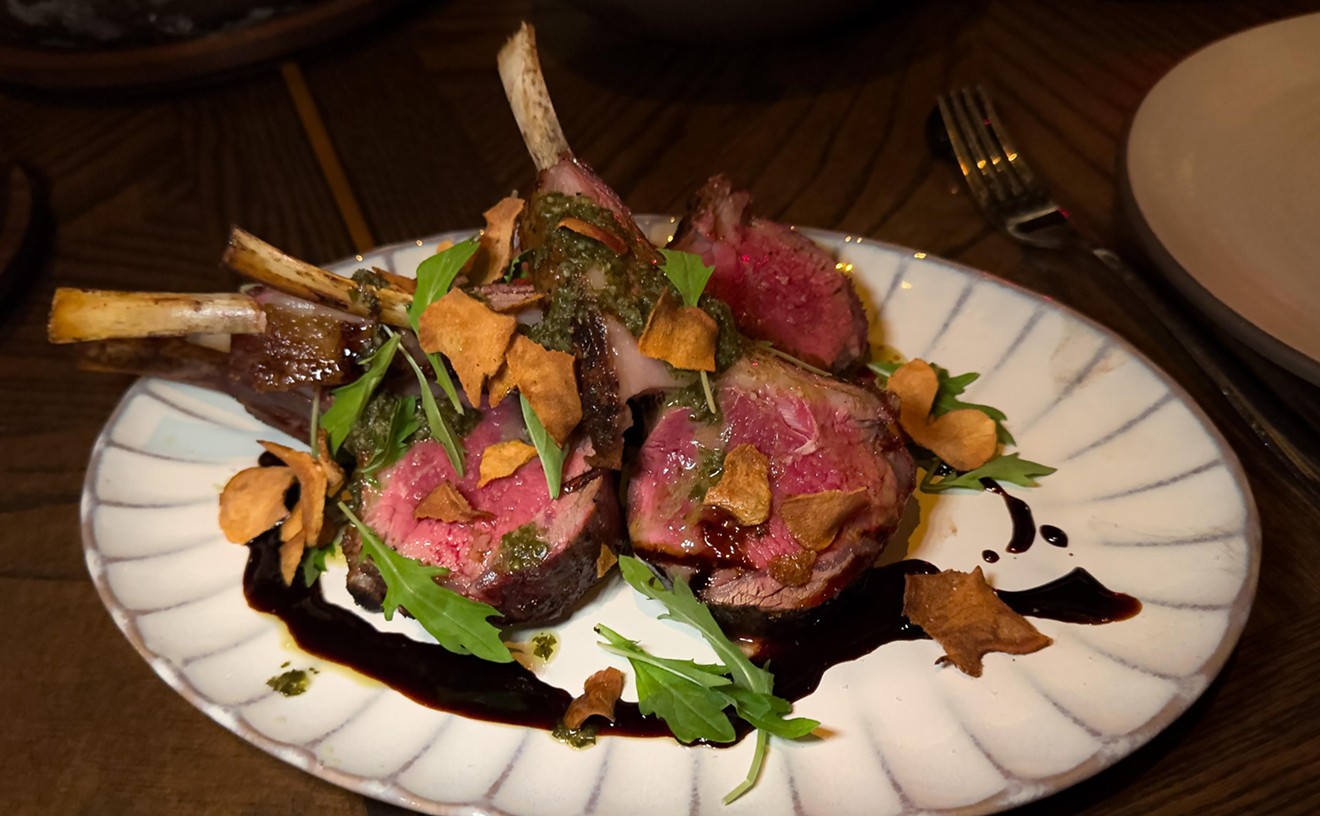What happens when women start finding their way to positions of power in the marijuana business?
Among other things, it seems, marijuana starts to become a lot more attractive to female customers.
Take Lilach Mazor Power, founder of the north Phoenix dispensary The Giving Tree. Power, who runs the only female-majority-owned dispensary in Arizona, started The Giving Tree in 2013. It's a cozy store with a nice selection of homegrown products and soft design touches and lots of natural light. She grew up in Israel, a country that was on the leading edge of medicinal cannabis research, going all the way back to the 1960s. “I knew there were medical properties,” said Power, “and that a lot more people were using it for recreational use.”
She says she started the dispensary to fuel a wellness center focused on mothers. That center closed after three years, but Power is still helping out moms. In June, she’s launching Revelry Cannabis, a brand created solely for women. It'll include sugar-free, calorie-free microdosing capsules by Kindred ("to help mothers sleep," Power says), flower strains like White Widow ("relaxing, not an overwhelming strain") and Golden Lemon ("it gives you energy and a focused, creative mind for moms who need something in the afternoon"). Other products are designed to treat aches, pains, and hot flashes.
"It's cannabis for menopause," Power says. “We should all celebrate the different cycles in a woman’s life. Our bodies go through so much and we survive it all.”

Power, the founder of The Giving Tree dispensary, launches cannabis products for menopausal women in June.
Lilach Mazor Power
The rollout is a response to Power seeing an influx of moms coming by the shop looking for an energy boost or something to help them relax. She says she's constantly receiving texts from Arcadia moms looking to shut their brains off at night. “We’ve seen so many multi-general customers come in,” said Power. “We see the grandkid and the grandmother or the mother and daughter.”
Power's observation that mothers are her fastest-growing customers lines up with the industry as a whole. According to a BDS Analytics study, as much as 45 percent of reported consumers in the cannabis industry are women. And analysts suggest the number is probably much higher — even as high as 66 percent — because women still worry about stigma.
Heather Cabot, award-winning journalist and author, researched the business of the booming industry for 2020 book, “The New Chardonnay; The Unlikely Story of How Marijuana Went Mainstream.” She says she was surprised to discover how many moms were using marijuana.
“I had a lot of misconceptions about the kind of people who’d be getting into the industry,” said Cabot. “Everyone I thought I would meet, and every experience I thought I would have, was the complete opposite.”
For one, Cabot did not expect to see such a high amount of female executives. Entrepreneurs like Gwyneth Paltrow, who has called cannabis a "hero ingredient of the future," and Martha Stewart, who created a successful "gourmet" line of CBD edibles and oils are a few of the examples she gives in her book. Those women, of course, are famous, but they represent a larger picture. Women account for 37 percent of executive leadership roles in the industry, according to Marijuana Business Daily.
Look around and you'll start to notice. Mendi sells cannabis products for athletes and was founded by Megan and Rachael Rapinoe. Cyo Nystrom, CEO of Quim, created a hugely successful line of health-oriented cannabis products. And Hilary Peckman is the COO of Etain, one of the few licensed medical marijuana dispensaries in New York, which markets itself as a chic 5,000-square-foot spa atmosphere.
All of these brands have one thing in common: they are marketed as wellness. The cannabis and marijuana industry is a $20 billion-a-year industry expected to grow to $84 billion by 2028, and it will do so through marketing and wellness advertising. Most companies are researching, hiring public relations agencies and compiling data on their female consumer.
“When Snoop Dogg and his business partner, Ted Chung, thought of a cannabis brand they knew they needed to market to women and in particular, the 'chardonnay moms,'” said Cabot, who explained that the two were early investors in a Californian weed product delivery service called Ease.
“[They] had access to consumer data as early as 2014,” Cabot said. One major data discovery was that females were some of Ease's most popular consumers. Why? Because they didn’t want to step into the dispensaries.
Dosing remains a considerable concern among women, Cabot said. While mothers need to wind down, they’re busy, and a big fear is an overwhelming dosage that'll leave them incapacitated. “Edibles aren’t consistent enough,” Cabot said, adding that the FDA and companies are still trying to figure out packaging and dosage labels.
According to Cabot, ladies and mothers are less about joints and more about sublinguals.
“Also, topical things and edibles,” said Cabot. “What you’re starting to see being targeted toward women are these microdose products that have 2.5 milligrams of THC, so you’re not [stuck on the] couch.”













